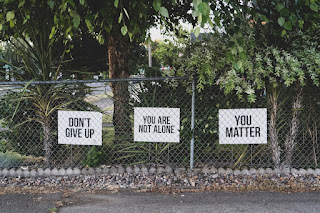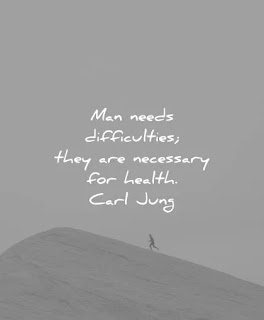Stop Mental Freeze
an occasion when someone cannot think clearly, or cannot remember something: She suffered an embarrassing brain freeze in the interview and just could not remember the relevant figures.
Your body's fight-flight-freeze response is triggered by psychological fears. It's a built-in defense mechanism that causes physiological changes, like rapid heart rate and reduced perception of pain. This enables you to quickly protect yourself from a perceived threat.Freezing in Early Development
When a child isn't able to fight or run from perceived danger, it incites a panic response, making one numb or immobile in the face of the stressor. Trauma as a child can be one of the most common causes of panic and fear.
Commonly associated with a state of relaxation, our parasympathetic system counterbalances the physical effects of the stress hormones flooding our body. This process triggers a state of 'freezing', our heart rate and breathing slow down and we may find that we hold our breath.
Skills for Overcoming the Fight, Flight, or Freeze
- What's Happening, Neurologically Speaking
- Deep Breathing or Belly Breathing.
- Grounding Exercises.
- Guided Imagery or Guided Meditation.
- Self Soothe Through Temperature.
- Practice "RAIN."
When it becomes chronic, it is also closely related to depression. The freeze response comes up when the organism decides whatever is facing it is overwhelming, too much to cope with. Fight or flight won't work. Therefore, it “decides” the best strategy is to hold still, be uninteresting, and see if the threat passes.
With social phobia, this response gets activated too often, too strongly, and in situations where it's out of place. Because the physical sensations that go with the response are real and sometimes quite strong the danger seems real too. So the person will react by freezing up and will feel unable to interact.
Ways to Calm Your Mental freeze
- Avoid caffeine. Caffeine is well-known as an anxiety inducer.
- Avoid alcohol. Feelings of anxiety can be so overwhelming that you might feel the urge to have a cocktail to help you relax.
- Write it out.
- Use fragrance.
- Talk to someone who gets it.
- Find a mantra.
- Walk it off.
- Drink water.
While being truly emotionless isn't possible for most healthy people, you can sometimes benefit by appearing to be heartless in certain situations. If you detach yourself emotionally, avoid being too friendly, and put yourself first, people are less likely to take advantage of you or hurt you for their own gain.
Whether you have an anxiety disorder or struggle with anxiety in general, anxiety can cause you to cry. Symptoms of anxiety can include having a sense of impending danger, feeling nervous, or having difficulty controlling worry. The act of crying can be a release of the build-up of previously explained symptoms.
But when stressors are always present and you constantly feel under attack, that fight-or-flight reaction stays turned on. The long-term activation of the stress response system and the overexposure to cortisol and other stress hormones that follow can disrupt almost all your body's processes.
Techniques to overcome "freezing"
- Use music.
- Try a metronome.
- Change direction.
- Shifting your weight from side to side before attempting a step can help initiate movement.
- March in place, lifting your knees as high as you can, before stepping forward.
- Move another part of your body.
- Imagine a line in front of you.
- Pass time with friends.








Comments
Post a Comment
Thank you for your comment!
For more interesting health tips and tricks please visit my blog again and again .